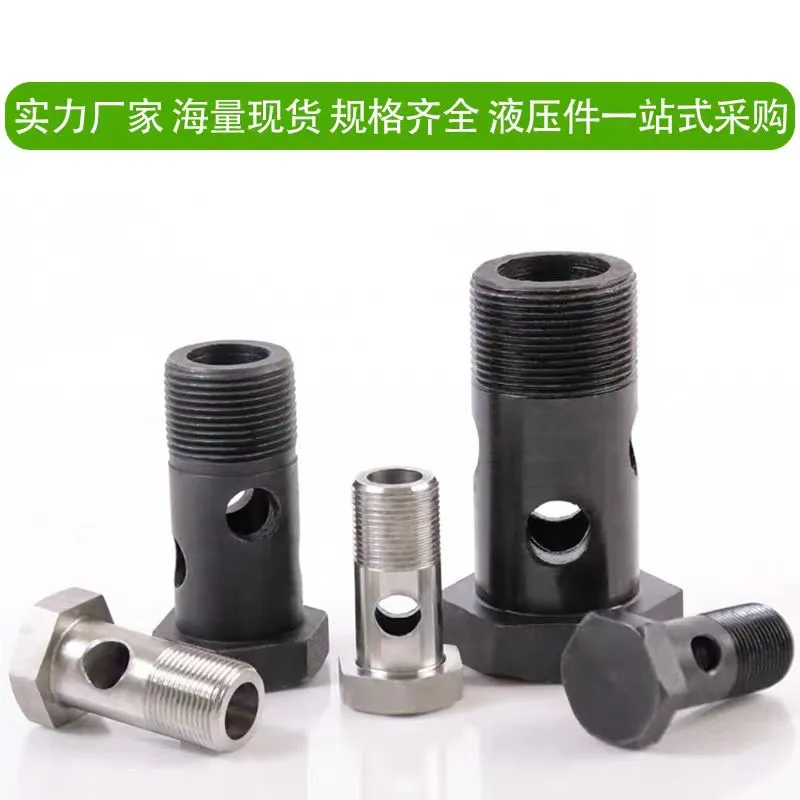

Similar Flat Washers for 5/16 Inch Applications in Various Materials and Thicknesses
Nov . 07, 2024 17:46 Back to list
Similar Flat Washers for 5/16 Inch Applications in Various Materials and Thicknesses
Understanding Flat Washers The Case of the 5/16 Flat Washer
Flat washers are simple yet essential components in various engineering, construction, and maintenance applications. They provide an effective means to distribute the load of a fastener, preventing damage to the surface being fastened and creating a stable and secure assembly. Among the myriad types available, the 5/16 flat washer is notable for its versatility and widespread use.
What is a Flat Washer?
A flat washer is a thin, disc-shaped piece of hardware with a hole in the center. It is used in conjunction with fasteners, such as bolts and screws, to offer numerous advantages. Typically made from materials such as metal, plastic, or rubber, flat washers improve load distribution and help to prevent loosening caused by vibrations. In addition to load distribution, they can also serve as a spacer, provide insulation, or act as a sealing element.
The 5/16 Flat Washer
The designation 5/16 refers to the diameter of the hole in the washer, specifically a measurement of 5/16 of an inch (approximately 7.94 mm). This size makes it compatible with 5/16-inch bolts and screws. The flat washer can come in various materials, including stainless steel, galvanized steel, and plastic, each selected based on the application's requirements, such as environmental exposure and load conditions.
Common Applications
1. Construction and Building Flat washers are widely used in the construction industry. They are crucial in securing structural elements like beams and frames, ensuring that the load is adequately distributed and preventing damage to the surfaces being fastened. The 5/16 flat washer is frequently employed in securing wooden and metal structures, as it offers reliability and durability.
flat washer 5 16

2. Automotive Applications In automotive assembly and repair, flat washers play a vital role. They are commonly used to distribute the load from bolts in applications such as attaching engines, suspensions, and exhaust systems. The use of a 5/16 flat washer can be especially beneficial in preventing damage to softer metals that might be used in engine components.
3. DIY Projects and Home Repair For DIY enthusiasts and homeowners, flat washers are a staple. Whether assembling furniture, securing appliances, or embarking on home improvement projects, having an assortment of washers, including 5/16 flat washers, can significantly reduce the risk of equipment failure due to loose fasteners.
Benefits of Using Flat Washers
The use of flat washers like the 5/16 variant comes with several benefits
- Load Distribution They help spread the load of a fastener over a larger area, reducing the risk of deformation or damage to the material being fastened. - Prevention of Corrosion By providing a barrier between the fastener and the surface, flat washers can help prevent corrosion, particularly when made from corrosion-resistant materials like stainless steel. - Vibration Resistance Flat washers can enhance the joint's resistance to loosening due to vibrations, making them especially valuable in machinery and automotive applications.
- Cost-Effectiveness Flat washers are relatively inexpensive and can save time and effort by improving assembly stability.
Conclusion
In summary, the 5/16 flat washer may be a small, often-overlooked component, but it plays a significant role in various applications across different industries. Its ability to enhance load distribution, prevent damage, and increase assembly stability makes it indispensable in construction, automotive, and DIY projects alike. By understanding the functionality and importance of flat washers, engineers, technicians, and DIY enthusiasts can ensure that their assemblies remain safe and effective for years to come. Whether you need just one or a multitude, having the right washers on hand can make all the difference in the success of your projects.
Latest news
-
High-Strength Hot-Dip Galvanized Bolts-Hebei Longze|Corrosion Resistance&High Strength
NewsJul.30,2025
-
Hot Dip Galvanized Bolts-Hebei Longze|Corrosion Resistance&High Strength
NewsJul.30,2025
-
Hot Dip Galvanized Bolts - Hebei Longze | Corrosion Resistance, High Strength
NewsJul.30,2025
-
High-Strength Hot Dip Galvanized Bolts-Hebei Longze|Corrosion Resistance, Grade 8.8
NewsJul.30,2025
-
Hot Dip Galvanized Bolts-Hebei Longze|Corrosion Resistance,High Strength
NewsJul.29,2025
-
High-Strength Hot Dip Galvanized Bolts - Hebei Longze Metal Products Manufacturing Co., Ltd.|corrosion resistance&high strength
NewsJul.29,2025

